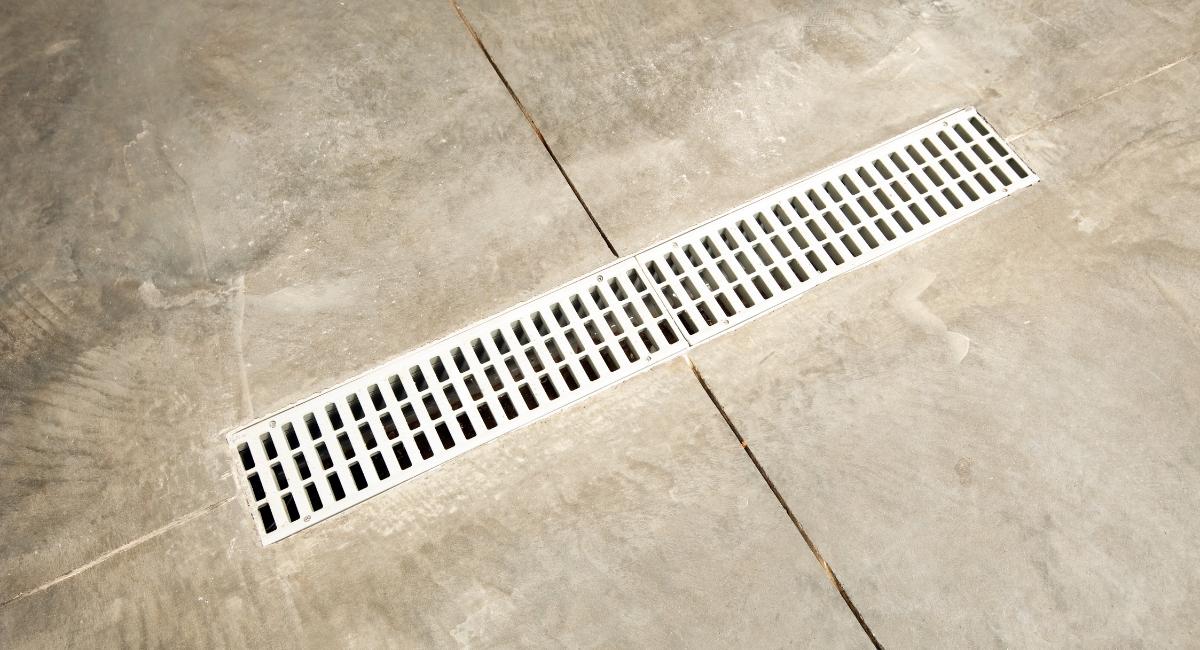Last Updated on October 22, 2024 by Kravelv Spiegel
A clogged garage floor drain can quickly become a homeowner’s nightmare. Whether it’s caused by accumulated debris, grease, or foreign objects, a blocked drain can result in stagnant water, foul odors, and even damage to your property—and that’s a problem no one wants near their garage door.
A well-maintained plumbing system contributes to the overall value of your property. Regular professional maintenance ensures that your home’s infrastructure remains in top shape, which is crucial if you plan to sell in the future.While some minor clogs might be resolved with DIY methods, more stubborn obstructions often require the expertise of a professional plumber.
In this article, you can explore the various ways a plumber can assist in unclogging your garage floor drain, ensuring a smooth flow and preventing future plumbing issues.
Understanding the Culprits
Before diving into how a plumber can help, it’s crucial to understand the common culprits behind garage floor drain clogs. Over time, a variety of materials can accumulate and cause blockages:
- Debris: Leaves, dirt, and other outdoor debris can easily find their way into your garage through vehicles or foot traffic, leading to clogs in your drain.
- Grease and Oil: Cars parked in the garage can leak oil and grease onto the floor. Over time, these substances can solidify and obstruct the drain.
- Foreign Objects: Small objects like tools, toys, and even construction materials can accidentally fall into the drain, causing blockages.
- Deteriorating Pipes: Corroded or aging pipes can break down, leading to debris buildup and clogs within the drain system.
- Root Intrusions: In some cases, tree roots can infiltrate the drain pipes, causing significant blockages and potentially damaging the plumbing system.
The Plumber’s Expertise
While there are various DIY methods for attempting to clear a clogged garage floor drain, these often provide temporary relief and may not address the root cause of the issue. A licensed plumber brings a wealth of experience and specialized tools to the table, ensuring a thorough and effective unclogging process.
Professional Assessment: A plumber begins by inspecting the clog and identifying its source. This assessment helps them determine the most appropriate approach to clearing the blockage.
Specialized Equipment: Plumbers have access to advanced tools such as drain snakes, hydro jetters, and video inspection cameras. These tools allow them to break down and remove stubborn obstructions without causing damage to the pipes.
Safe Chemical Usage: If necessary, plumbers can use specialized chemicals that are safe for your plumbing system to dissolve grease and other materials contributing to the clog.
Preventive Measures: A plumber’s expertise goes beyond just unclogging drains. They can offer advice on preventing future clogs, such as installing drain covers, using enzymatic cleaners, and maintaining regular plumbing inspections.
Pipe Repair and Replacement: If the clog has resulted from damaged or deteriorating pipes, a plumber can perform necessary repairs or replacements, ensuring the longevity of your plumbing system.
The Unclogging Process
Plumbers follow a systematic approach to unclogging garage floor drains that guarantees efficient and lasting results:
Clearing Debris: The plumber begins by removing any visible debris from the drain, preventing them from getting tangled in the equipment used for unclogging.
Using Drain Snakes: A drain snake is a flexible tool that can be inserted into the drain to break down and dislodge the clog. Plumbers can adjust the size and type of snake based on the severity of the clog.
Hydro Jetting: For more stubborn clogs, hydro jetting may be employed. This technique involves using a high-pressure stream of water to clear out grease, debris, and other obstructions from the pipes.
Video Inspection: After unclogging the drain, plumbers often use video inspection cameras to assess the condition of the pipes. This step helps identify any potential issues that could lead to future clogs.
Preventive Maintenance: To ensure the clog doesn’t recur, the plumber may recommend routine maintenance practices and provide guidance on keeping the drain clear.
Maintaining a Healthy Plumbing System
Regular Inspections: Plumbing systems, including garage floor drains, should undergo periodic inspections by professionals. This proactive approach can identify minor issues before they escalate into major problems.
Educational Insights: Plumbers often take the time to educate homeowners about proper maintenance practices. They can offer tips on what to avoid putting down the drain and suggest ways to keep the plumbing system in optimal condition.
Emergency Services: In cases where a clog leads to a plumbing emergency, such as a backup that floods your garage or even your home, plumbers offer emergency services to quickly resolve the issue and prevent further damage.
Final Words
Dealing with a clogged garage floor drain is not only inconvenient but can also lead to significant plumbing issues if left unresolved. While there are DIY methods available, seeking the expertise of a professional plumber offers a more comprehensive and effective solution. From assessing the problem to using specialized equipment and providing preventive measures, a plumber plays a vital role in ensuring the smooth flow of your garage floor drain. By enlisting the help of a plumber, you can save time, prevent further damage, and enjoy a well-functioning plumbing system for years to come.

